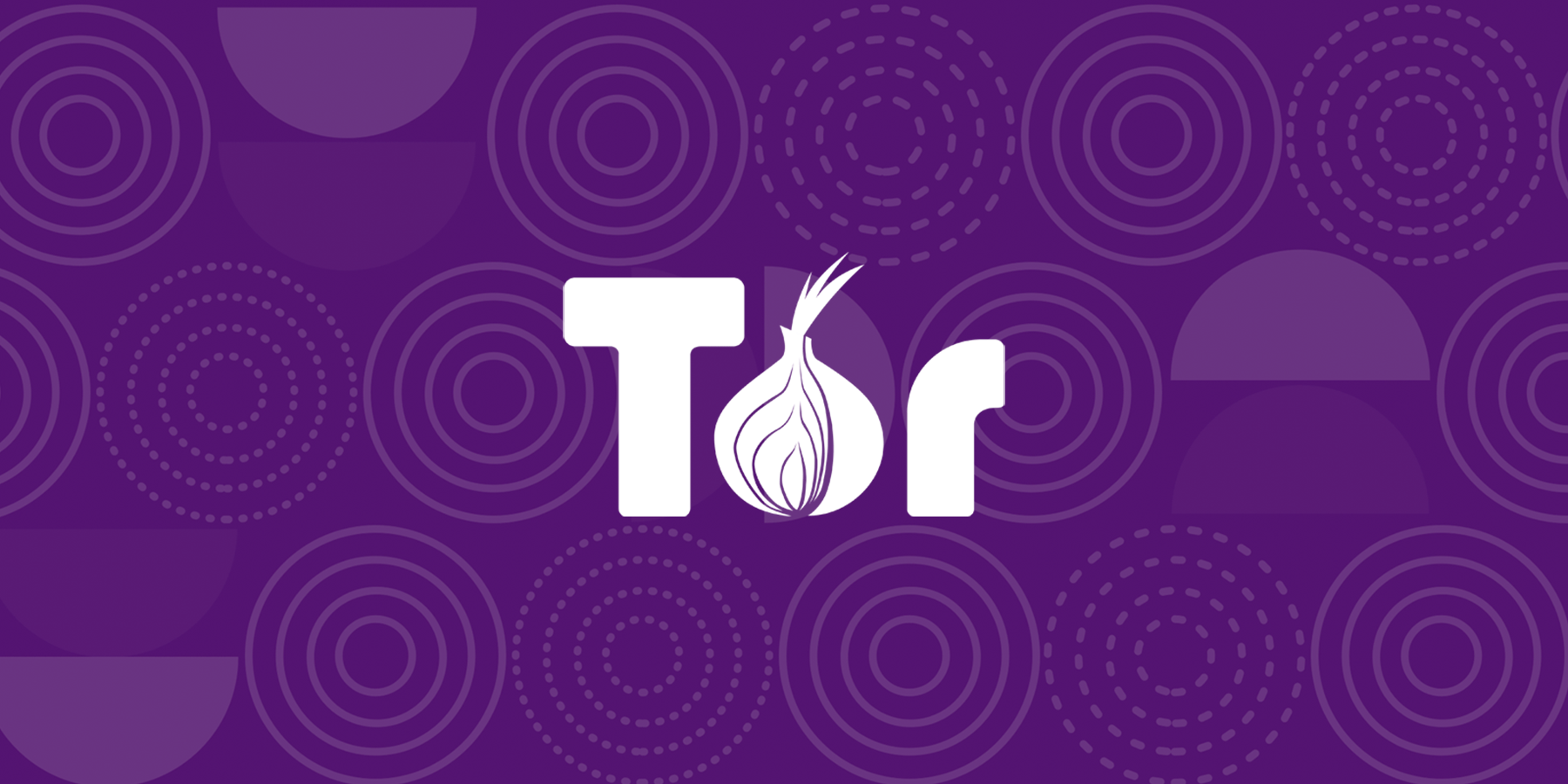


The browser can be used to circumvent censorship systems, to securely communicate with others, to block third-party trackers and scripts, and to prevent "fingerprinting" which may be used by advertising networks and government agencies to connect you to browser sessions and physical devices.

Tor is sometimes connected to criminal activities and underground marketplaces, but the project should be viewed as a privacy tool which has widespread benefits. Tor's browser can be used to access areas of the Internet which are not indexed by standard search engines on what is known as the "Clear web." The other layers, the "Dark" and "Deep" web, host. See also: Online security 101: How to protect your privacy from hackers, spies, and the government Tor, which stands for 'The Onion Router' is not a product, but a protocol that lets you hide your Web browsing as though it were obscured by the many layers of an onion. While no such system is foolproof, Tor is widely accepted to be one of the most secure ways to wipe away digital footprints. The Tor browser uses nodes and relays to help anonymize traffic and mask your online activity. Onion Services were previously known as Tor Hidden Services. How to find out if you are involved in a data breach - and what to do next You can make onion services require authentication to use.


 0 kommentar(er)
0 kommentar(er)
